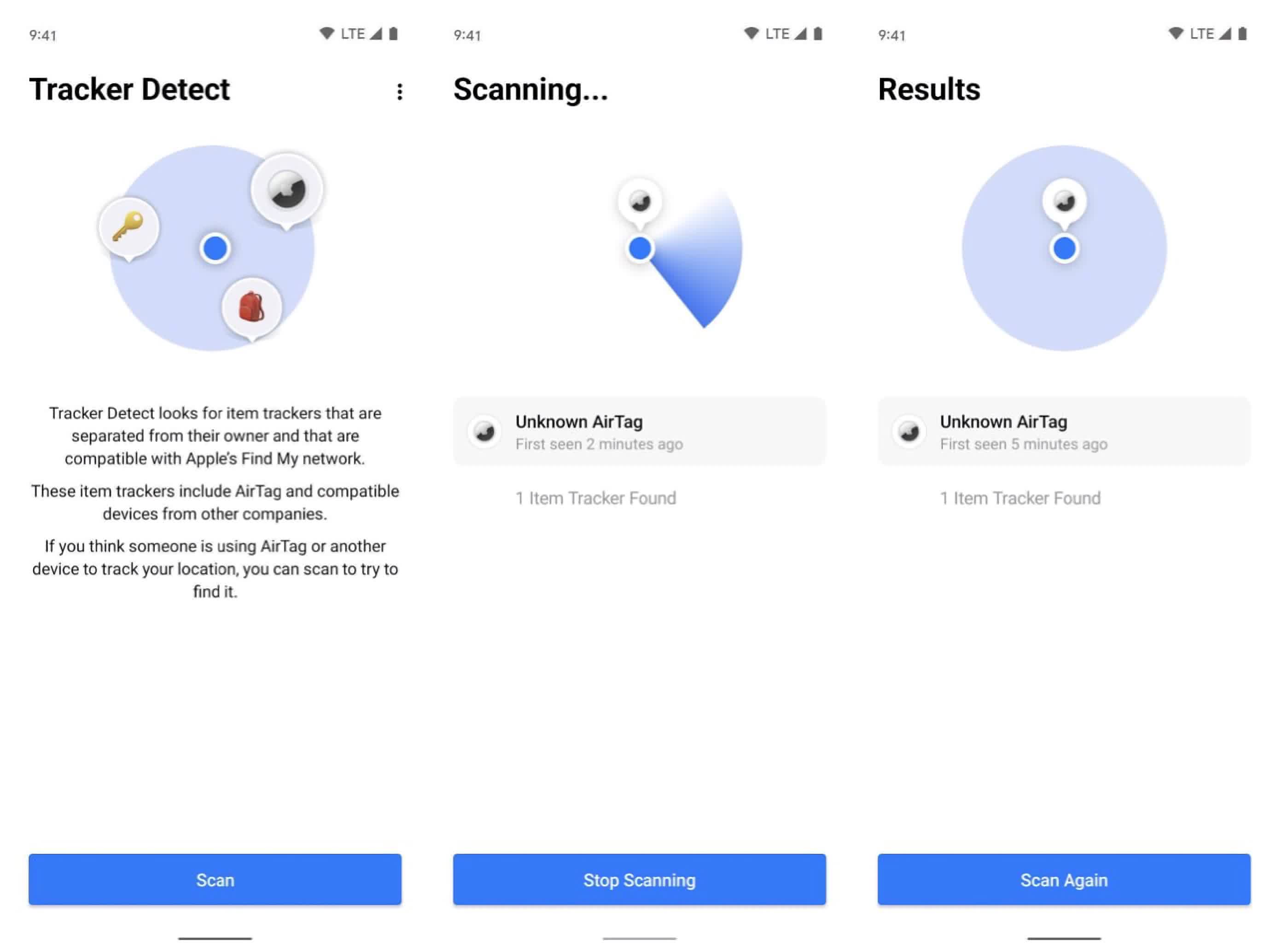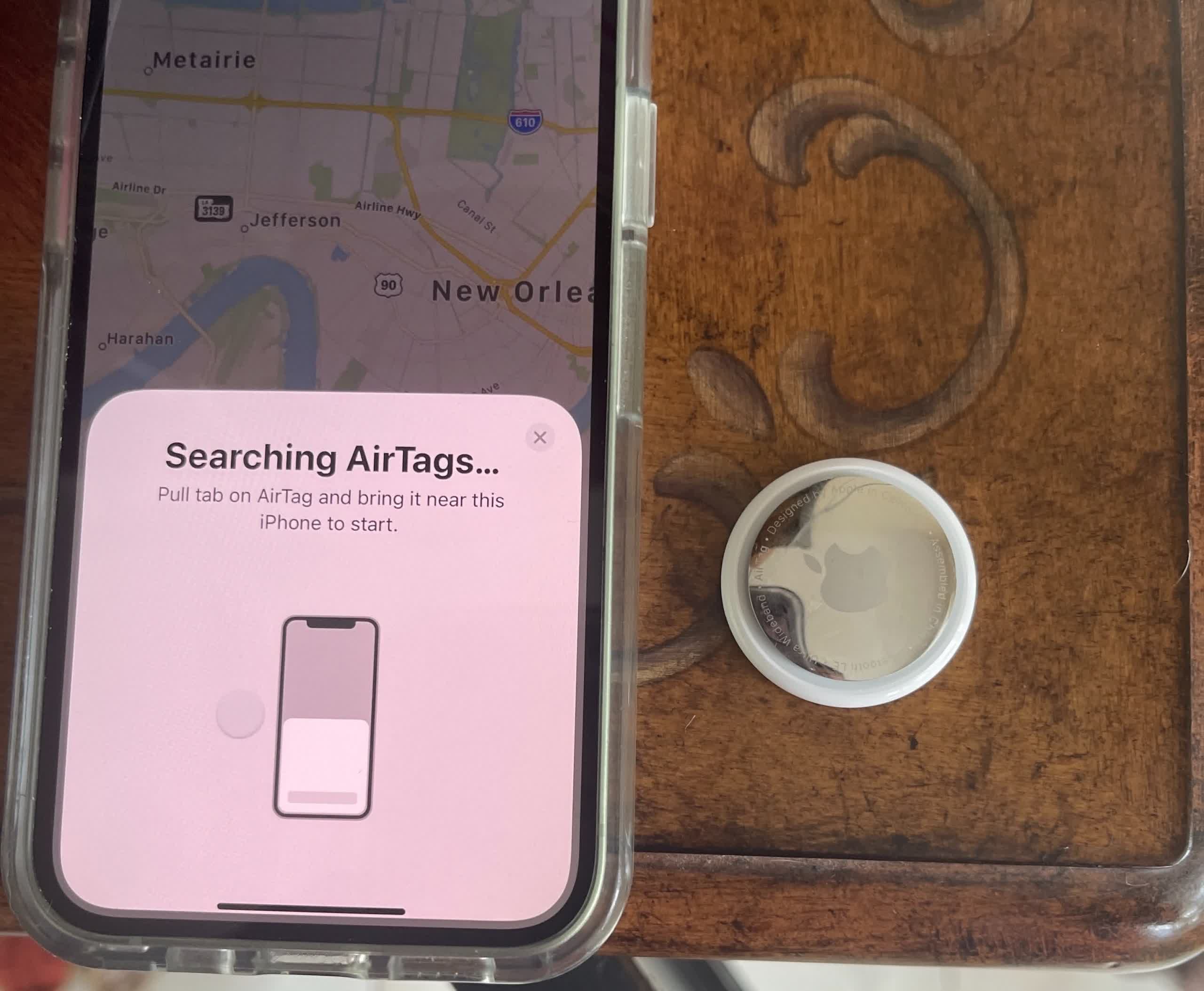In context: Apple isn't the first company to develop a tracking fob. However, the extensive Find My network has made AirTags a very effective tool for criminals. It is a problem the company will have to solve for both iOS users and the three billion Android users who don't have a phone that can automatically detect rogue AirTags.
Back in April 2021, Apple launched AirTags --- its first foray into the tracking fob market that takes advantage of its expansive Find My network. It can be a useful gadget for people who need to keep track of valuable possessions or keychains, but it comes with a set of safety concerns that could affect both people who use AirTags and people who don't.
Apple's new device #AirTag seems like a stalker's delight, doesn't it?
--- Louisa Jones (@FilmLecturer) January 7, 2022
I mean, any creep can pop one of those into a car, a bag, etc. Cheap too, for the determined... pic.twitter.com/PTNjOQKD0I
Last month, we learned that carjackers have begun to use AirTags to track high-end vehicles, which is not an unexpected development given how easy it is to hide one into an out-of-sight area. Apple did implement some countermeasures to hinder stalking attempts, but they're not nearly as effective as they should be.
According to a BBC report, several women in the US told the police unknown individuals had stalked them over the past few months. They were lucky enough to be alerted to the stalking by their iPhones, which send an alert if an unregistered AirTag is detected nearby. There is no such feature integrated into the Android operating system, which is a problem that Apple can't easily fix.

The Cupertino giant did release a Tracker Detect app on the Google Play Store that can look for nearby rogue AirTags. However, it's unclear how much it can alleviate fears about stalking and theft when its adoption --- around 100,000 downloads --- is extremely low. Many people are likely unaware of the risk, and by the time they install the app, it may already be too late. Additionally, the app does not have automatic detection, so users must scan for AirTags manually.
One could argue that AirTags will make a 60-decibel beep between 8 to 24 hours after they are no longer around their registered device. Still, malicious actors can mitigate that by simply disabling the tracker before the warning sounds.
In any case, Apple isn't alone in dealing with the stalking potential of tracking devices. Companies like Tile, Samsung, and Chipolo also sell tracking fobs and face similar problems. The most impactful solution would be a collaborative effort with Google to bring proper support for AirTags to Android users. It is unclear whether the two companies would even be willing to work together on such a feature. However, continuing instances of misuse may force them into a collaboration.
